X BUILDING THE PROJECT "RESTORING THE SOUL OF THE STREET"
The People's Committee of Hoi An City (Quang Nam) is preparing to develop a project to "restore the soul of the town", aiming to bring local residents back to Hoi An ancient town. At the same time, it will organize propaganda for owners from other places who come to buy houses in the ancient town to understand that they own valuable heritage so that this house is not turned into a mere place for trading. If the mechanism and resources are favorable, Hoi An will also implement the purchase of ancient houses combined with the current system of ancient houses owned by the State, to arrange for local residents to rent and live in order to preserve the soul of the town.
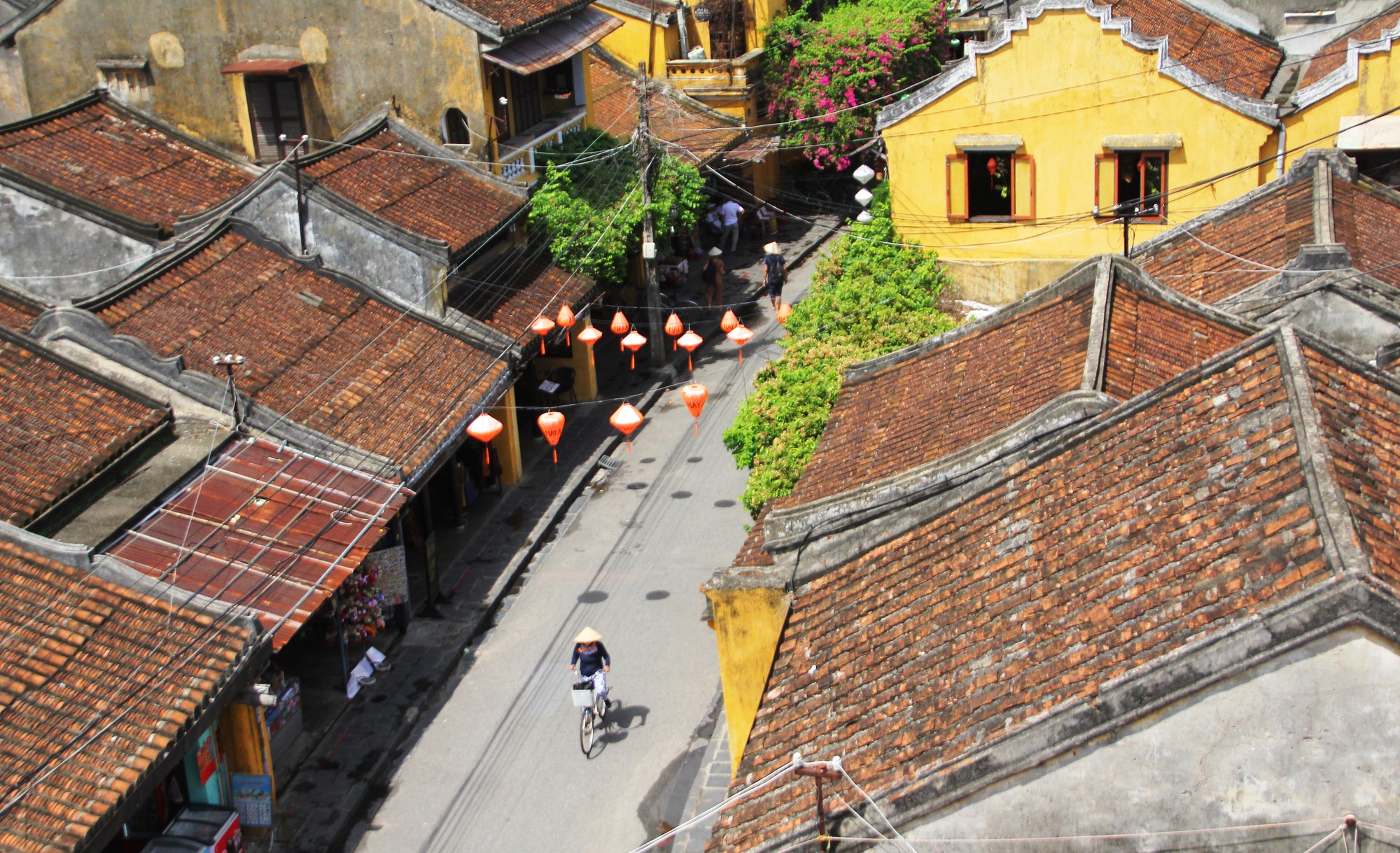
About 30% of the houses in Hoi An ancient town are owned by people from other localities.
At a meeting last weekend to inform about the policy of strengthening control of tickets to visit Hoi An ancient town, Mr. Nguyen Van Son, Chairman of Hoi An City People's Committee, said that the number of Hoi An natives living in the ancient town is gradually decreasing. "This is a concern for the city in terms of preserving the "soul of the town". In the old town, 30% of the owners are from Ho Chi Minh City and Hanoi. These people buy houses to rent out. In addition, 40% are natives of Hoi An but live elsewhere, while the houses in the old town are rented out; in fact, only about 30% of natives of Hoi An still live there. This is most evident when we experienced the Covid-19 pandemic in 2020 and 2021, when entering the old town, we only saw a few houses where people lived, the rest were closed. Currently, there are more than 3,000 residents living in the old town. With about 70% of the houses in this area currently rented out for trading activities, Hoi An's old town is gradually losing its "soul". Hoi An will return the old town to its function as it was in the early 20th century," Mr. Son affirmed.
For over 30 years, Hoi An has not encouraged people to enter the old town to do business. The current chaotic business situation in the old town is not what the local authorities want. For a while, Hoi An was very strict about allowing certain business sectors in the old town, but according to regulations, local authorities cannot limit this. "The city will develop a project to "restore the soul of the city" for the old quarter. This project will have many solutions, including how to encourage local people to return to the old quarter to live. To make people feel secure living in the old quarter, we must have policies to reduce taxes, house rents, and land rents. However, only the province can decide on these policies. In the future, when there is money, the city will ask for permission from Quang Nam province to buy back old houses, then arrange for people from Hoi An to rent them to live, but this is also very difficult to do because the current price of old houses is too expensive. Each house is currently priced from 30 to 40 billion VND," Mr. Son shared.
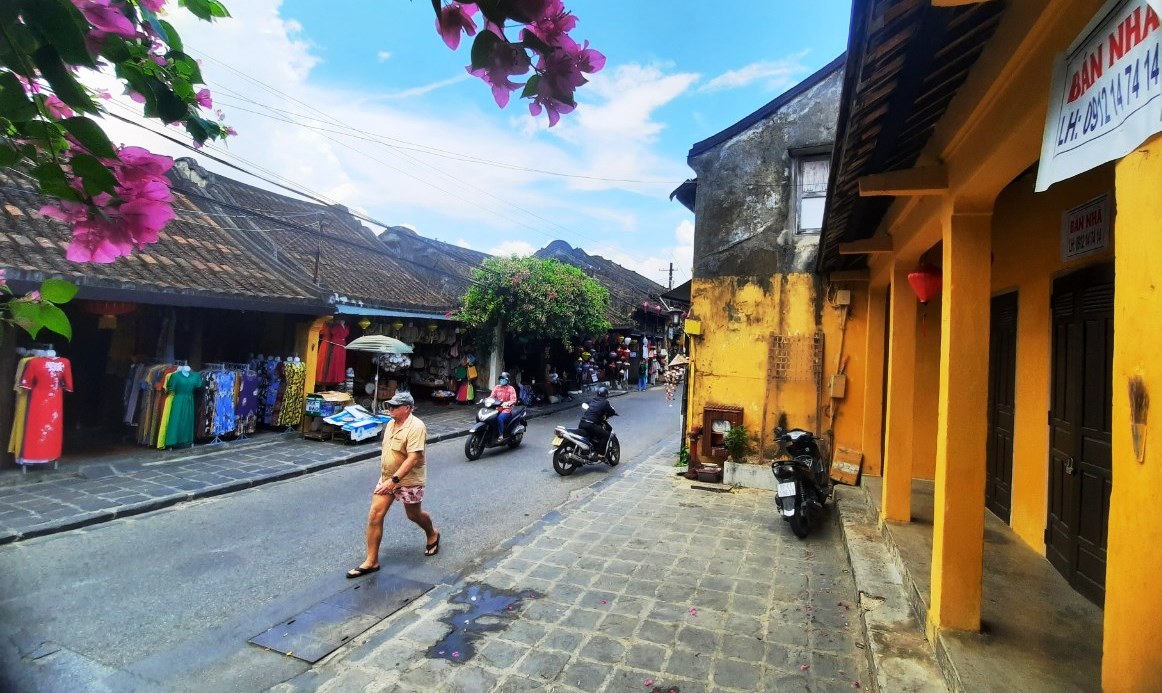
An old house on Tran Phu street in Hoi An ancient town has a sign for sale.
RISK OF "BLOOD CHANGE" OF ALL OLD TOWN RESIDENTS
Researcher Phung Tan Dong said that the story of the "human soul" in Hoi An's old town gradually disappearing has been raised for a long time. However, this is a very difficult issue to handle, because Hoi An has seen the change of ownership but has not taken any measures, because it has encountered many problems. The change of the subject of the old town's residents has gradually lost the cultural practices such as worship, death anniversary, ancestor worship... Some people say Hoi An will become an "expanded supermarket", because there is no more space, no owner to practice culture, instead there is only business and trading. This is a big risk. "The entire Hoi An ancient town is a special historical relic, but letting the original residents stay in the old town is a problem that Hoi An "completely loses". According to the system, people have the right to convert, own, lease, and sell. Hoi An ancient town has more than 1,000 relics, but they are concentrated in such a small area, making it very difficult for the government to intervene," said Mr. Dong.
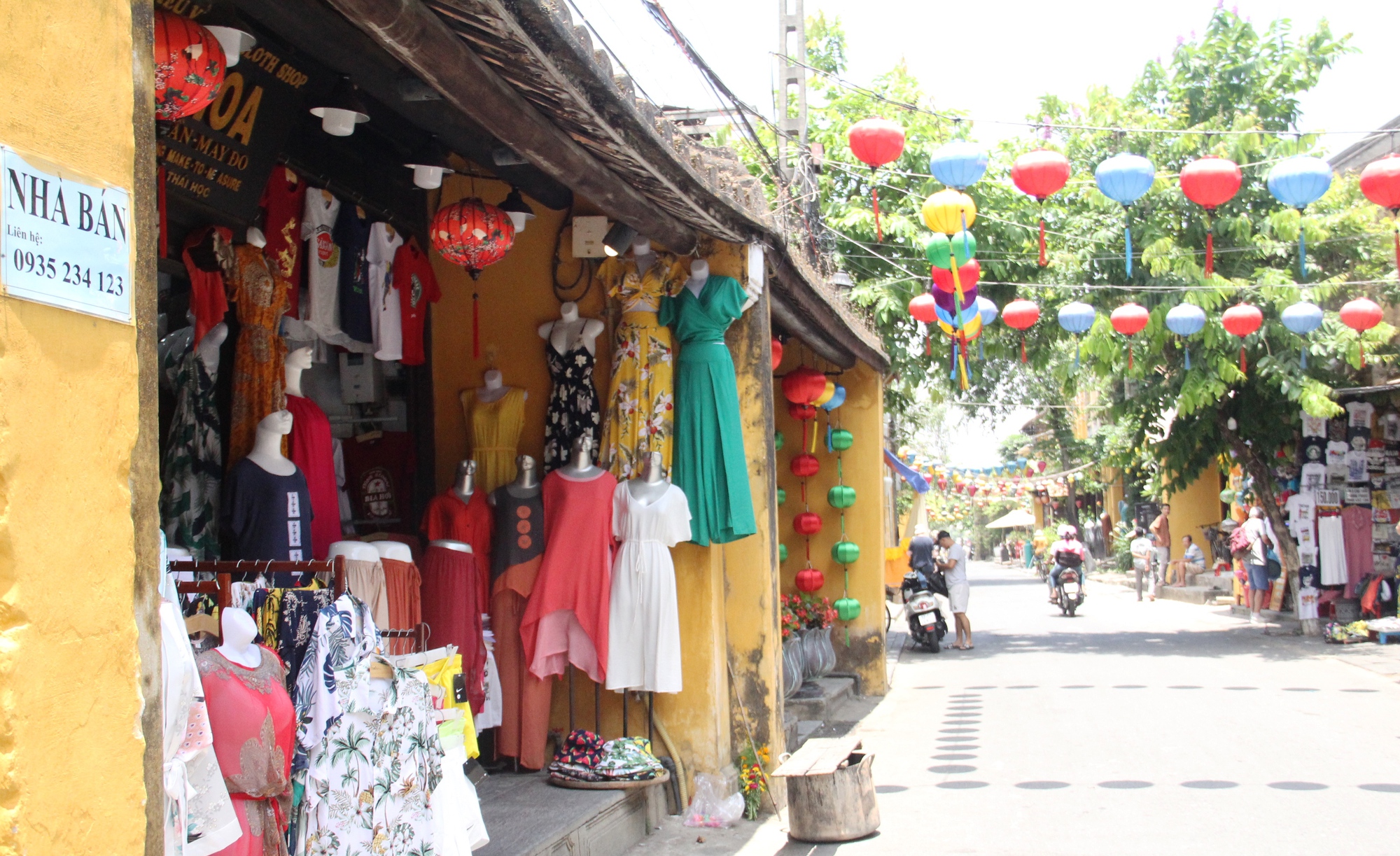
Another old house on Nguyen Thai Hoc street, although it is for rent, still has a "for sale" sign.
This expert said: "As a relic, the transfer is not simple, this must be supervised by the State. The State must at least have a say in this. We must respect the relic. Hoi An needs a special mechanism and policy." He also cited that there is currently an ancient house built in the French architectural style on Phan Chau Trinh Street. After someone from another locality bought it, they wanted to demolish it, but fortunately the government intervened and did not allow it because it was located in the core area. Currently, this house is abandoned over time. "This house is already owned by them, so the government cannot do anything. And so, the relic is in ruins without any way to buy it back or have a voice, institution, or specific policy to save and preserve this relic. We can look at a larger scale, even if one relic is like that, let alone thousands of relics," Mr. Dong informed.
According to researcher Phung Tan Dong, to "preserve the soul of the old town", the most effective solution now is to mobilize and strongly influence people's awareness of the value of the relic. Regarding the issue of ownership and transfer, the government and people of Hoi An need to sit down together to find a reasonable policy. "The preservation of the relic must be the most important thing, otherwise, this situation will risk "changing the blood" of all the residents of the old town," Mr. Dong emphasized.
Source link




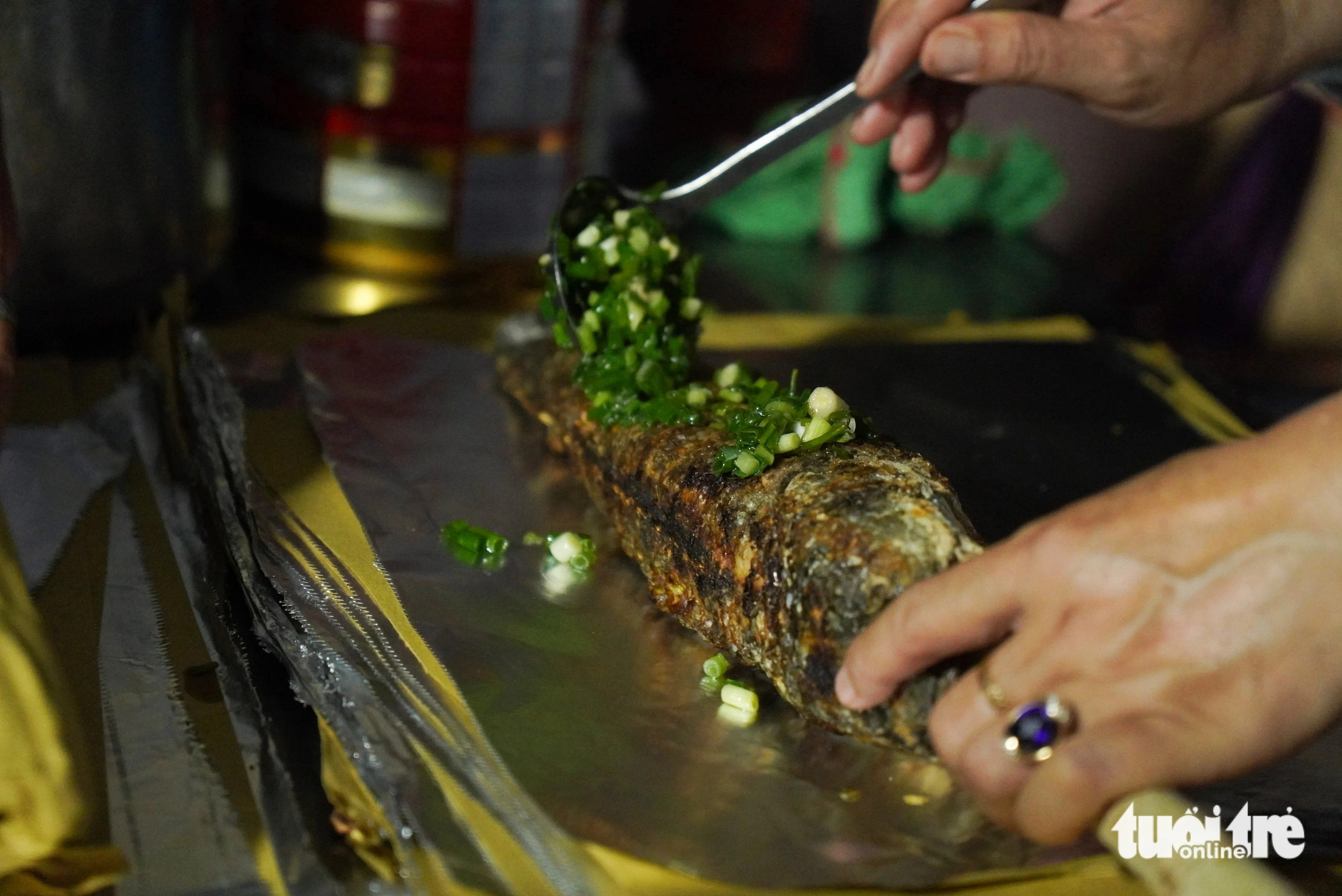
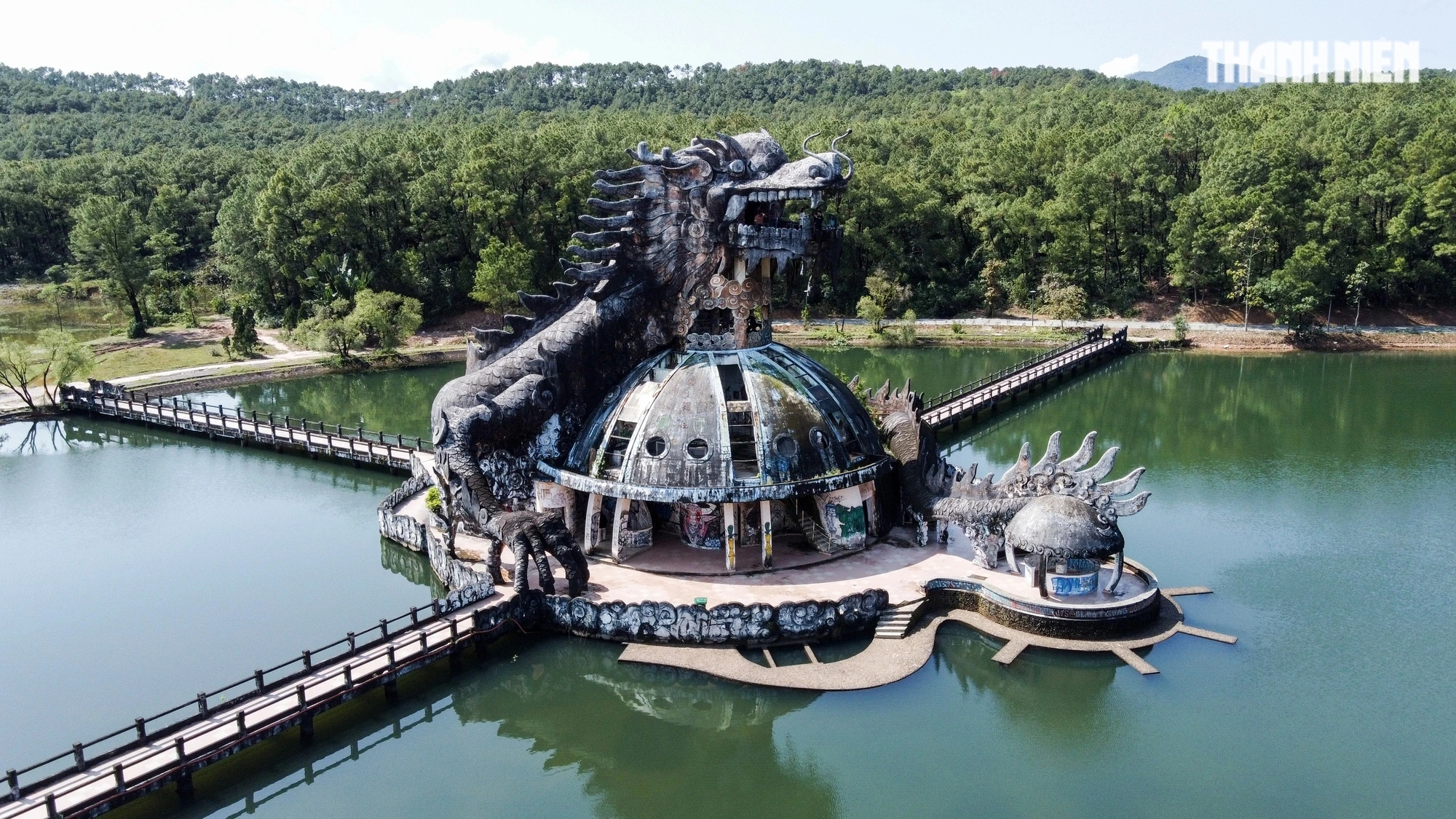
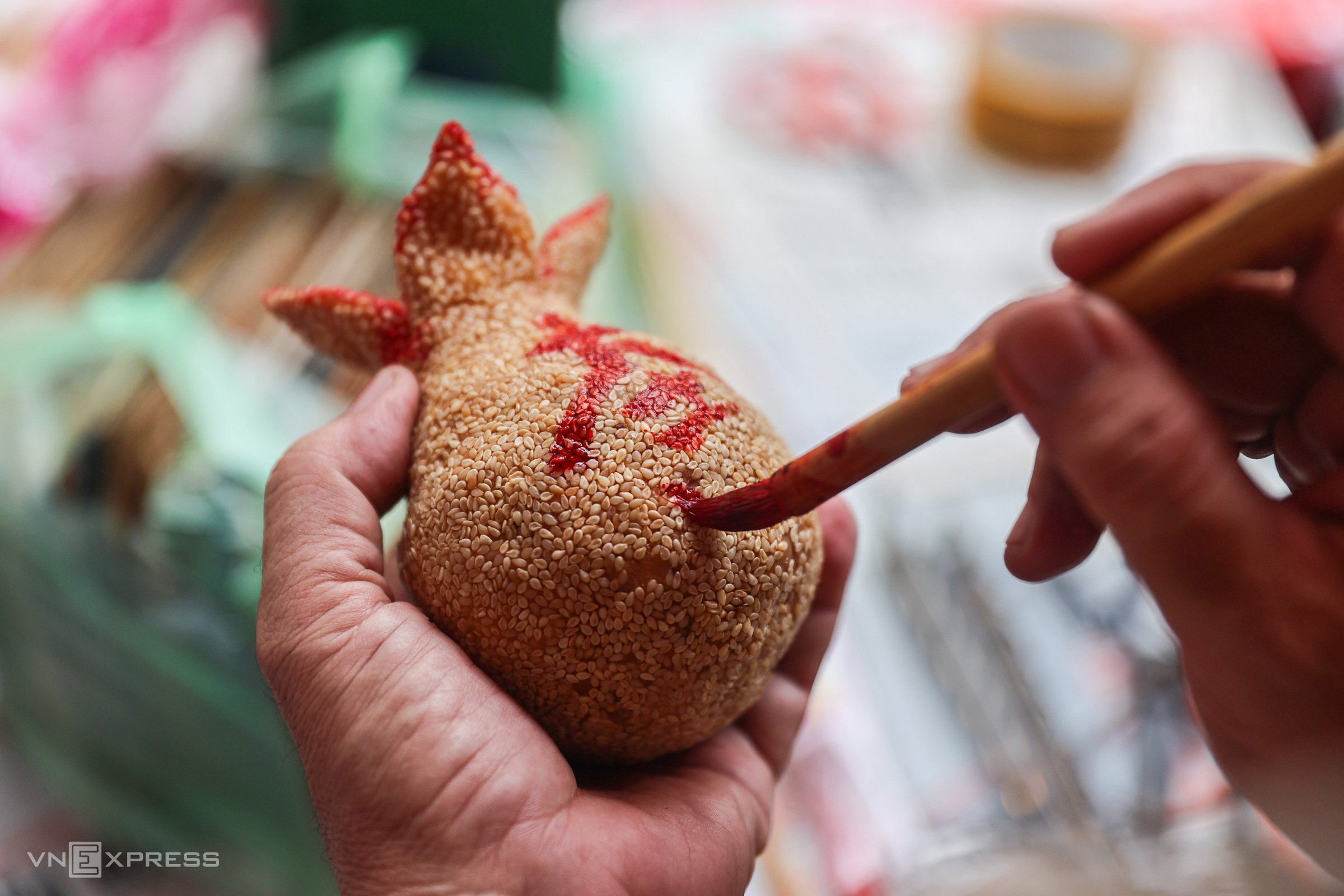























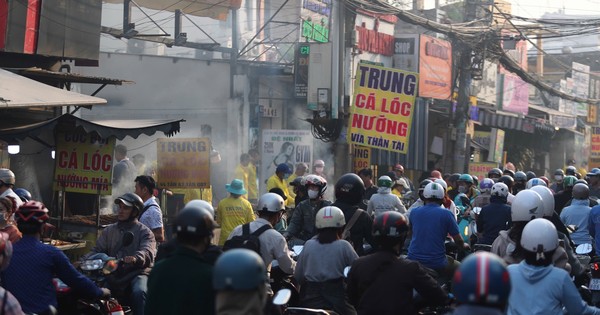






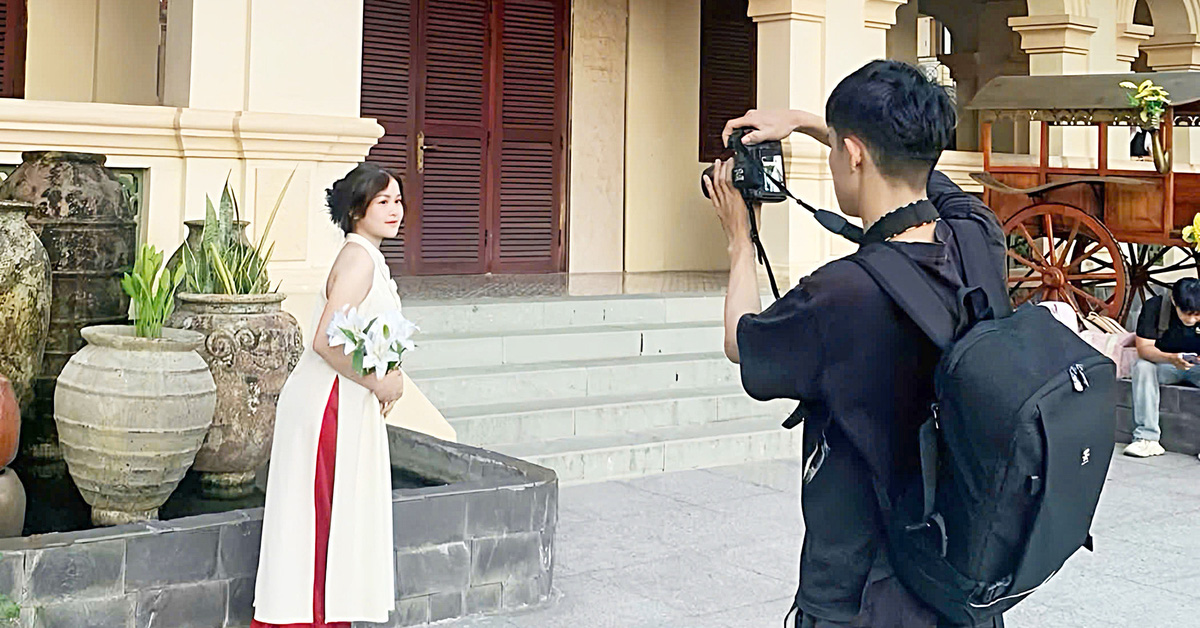






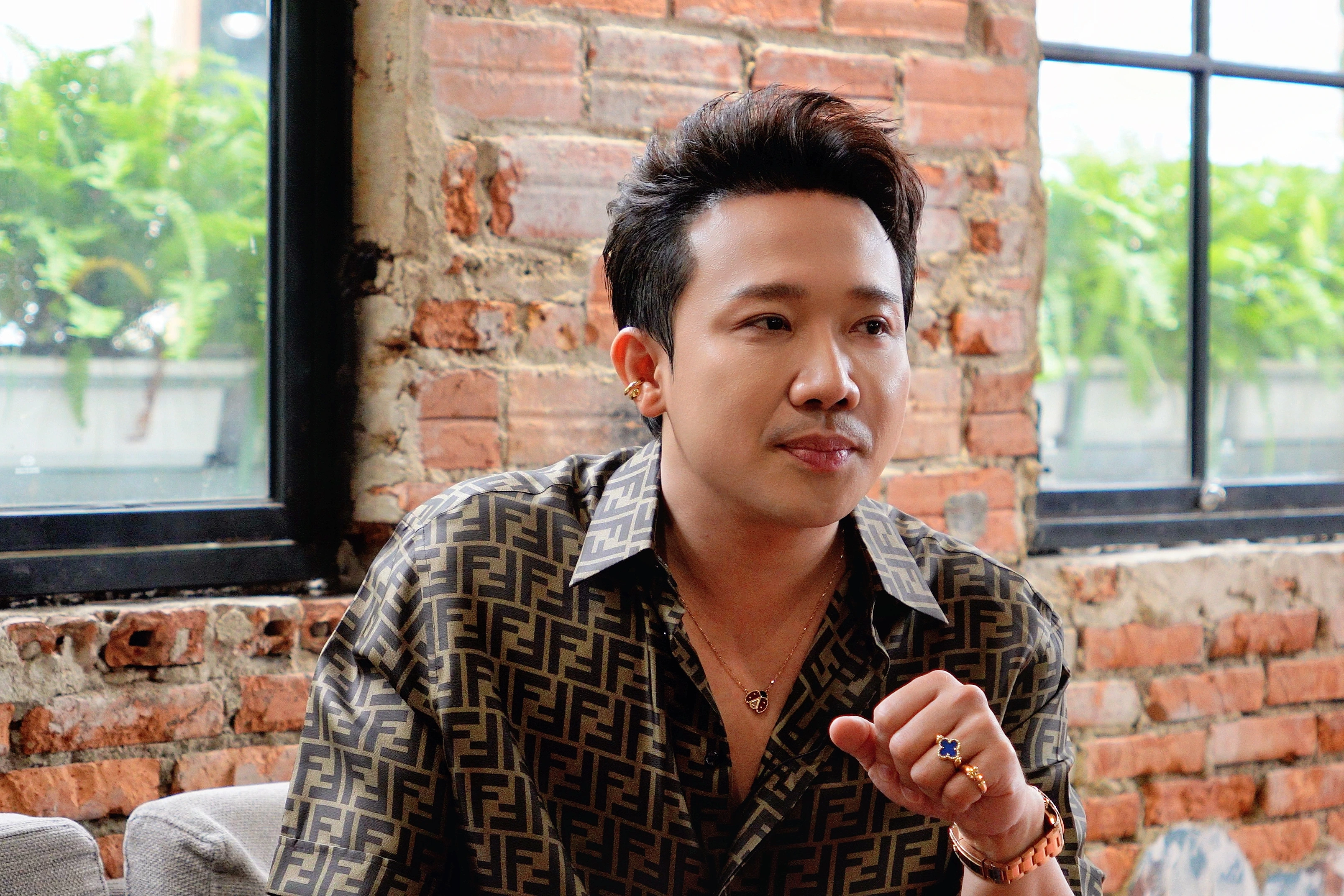




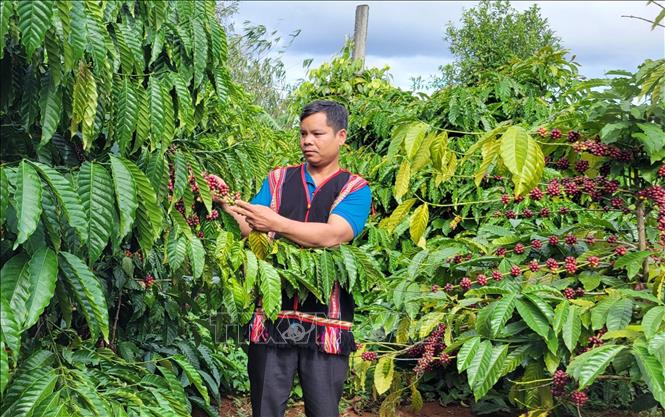





Comment (0)